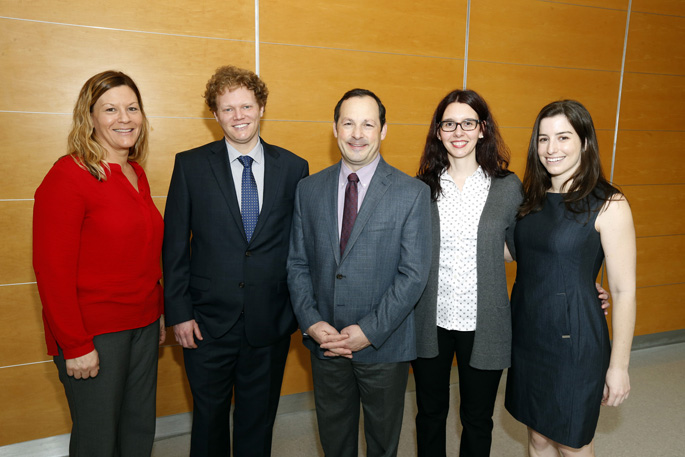
A team of researchers, led by David Calkins, PhD, vice chair and director of Research at the Vanderbilt Eye Institute, has made a breakthrough discovery in the field of glaucoma showing new hopes for treatments to preserve vision.
In addition, Calkins is encouraged that the findings released in the Proceedings of the National Academy of Sciences (PNAS) will have treatment ramifications to combat age-related neurodegenerative disorders like Alzheimer’s and Parkinson’s diseases.
The paper, “Axogenic Mechanism Enhances Retinal Ganglion Cell Excitability During Early Progression in Glaucoma,” unmasked a revolutionary conclusion — in the past it was believed that as retinal activity is lost, the connection between the retina and the brain should be gone, but the opposite is true.
Calkins deemed the information one of the most significant discoveries since his team showed in 2010 that the first sign of injury in glaucoma occurs in the brain, and was similar to other age-related, central nervous system diseases.
Continue reading about Calkins' research and discovery by clicking here.




